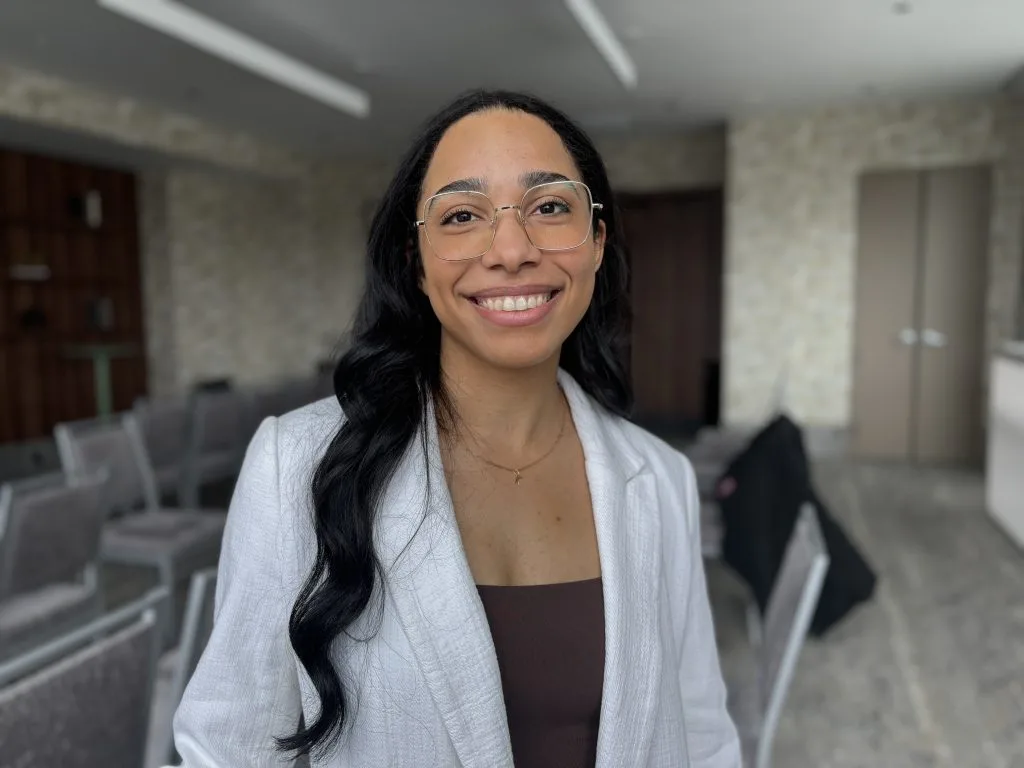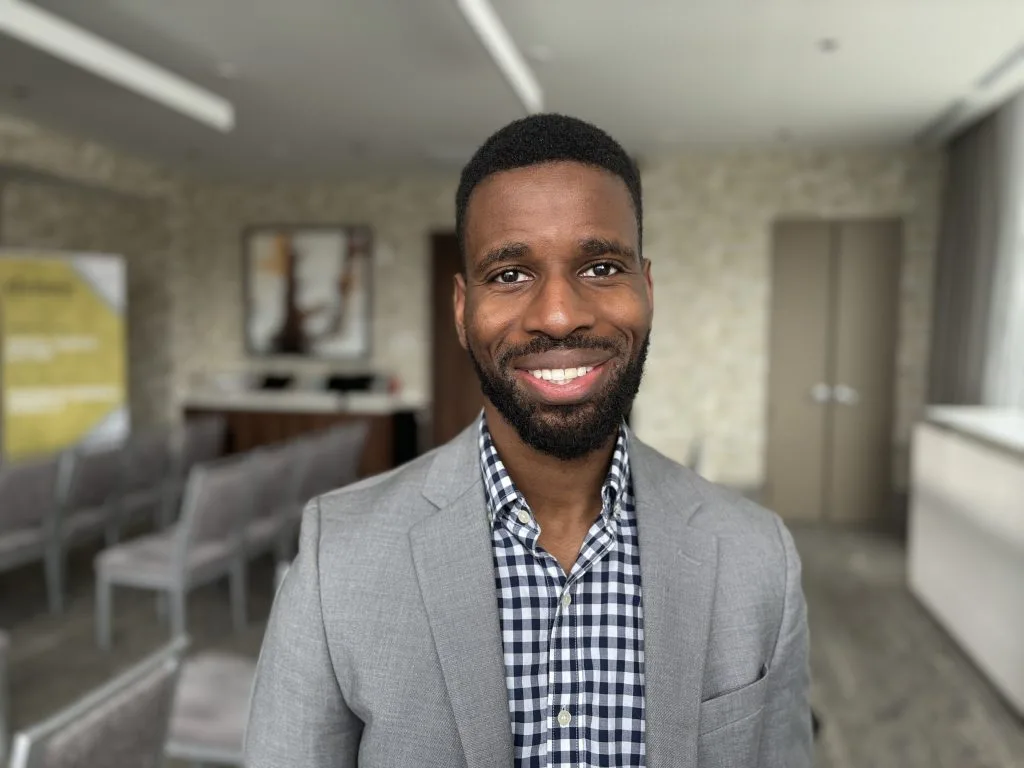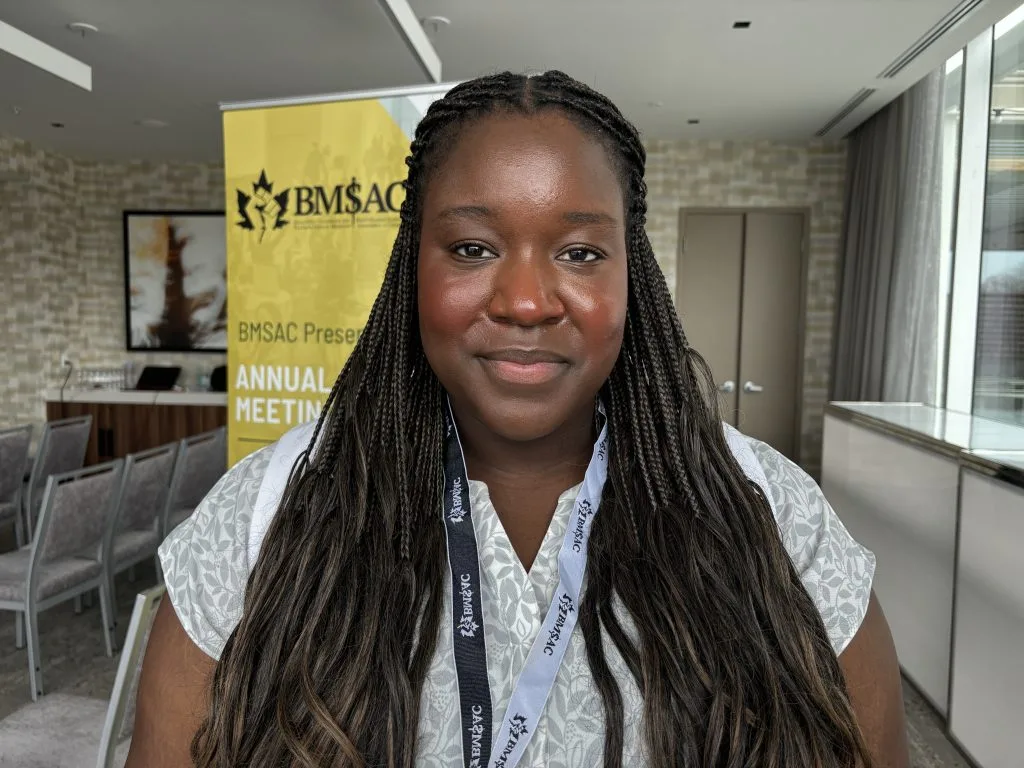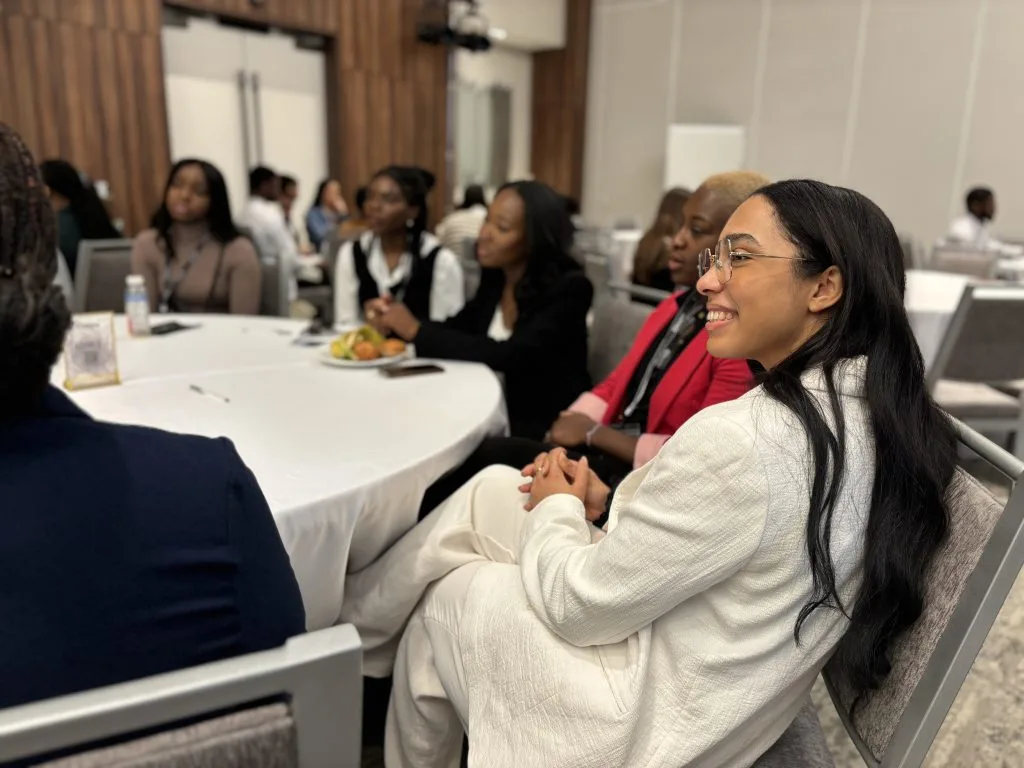Black students from all 17 medical schools across Canada gathered for the first time in Montreal to strategize around important issues in education and Black health.
The three-day event included keynote speakers, workshops, breakout sessions, a student research showcase, social evenings, and trivia nights.
Growing from 50 to 300 active members in 2024 and divided into regional branches in Western Canada, Ontario, Quebec and the Atlantic, the Black Medical Students’ Association of Canada (BMSAC) works to secure equitable representation of Black students in Canadian medical schools and advocate for inclusive medical training to better serve the healthcare needs of Black communities.
“Students who go to more diverse school get an enhanced education,” said Dr. Alexandra Bastiany, who gave a keynote address. “They learn how to better care for patients from minority backgrounds. They learn how to care in a culturally safe manner too. It’s super important for students who are not from the minority as well, because they learn how to care properly for patients from the minority.”
“We need to have that representation for our patients and for ourselves, for our family, to show little children who want to be what they want to be, that they can be that,” said Khadija Brouillette, BMSAC chair. “Black faces in all the spaces is what we like to say.”



Open Gallery
4 items
According to the Canadian Medical Association, medical professionals from ethnic/racial minority backgrounds earn less than their white counterparts. Furthermore, many medical professionals lack specific training in treating minority patients.
The BMSAC offers mentorship and advocacy training for Black medical students.
“I had the opportunity this year to work with some amazing organizations that believe in us, and I think that’s something that we as Black medical students have initially struggled with,” said Corey Fletcher, BMSAC director of finance. “Who believes that we’re going to be great physicians and that we’re going to support Canada’s health care system?”
In previous years, the Annual General Meeting (AGM) has been an opportunity to launch race-based data collection initiatives and implement anti-racist medical curricular reform.
“Within the Black medical community, there are a lot of successes,” said Fletcher. “We saw students present novel research. We saw students present the things that their schools are doing, like health fairs. We saw them present things like community dinners, community engagement plans, and the BMSAC is happy to support that.”
Another focus has been improving equitability and accessibility to support Black students, including through a Medical College Admissions Test (MCAT) bursary launching soon. In coming years, Fletcher hopes the BMSAC will provide support for students attending the AGM from other parts of Canada.
This is the first year that the AGM was held outside of Toronto. Ontario is home to six out of Canada’s 17 medical schools, and Montreal was strategically chosen as host to broaden participation among Francophones and across Canada.
“One of our mandates has really been to connect with our Quebec chapters,” said Grace Ayoo, BMSAC director of internal affairs. “Our Quebec regional director, Hendrick, has done an excellent, excellent job connecting us and this year we’ve actually been able to see the largest representation of students come from Quebec.”



Open Gallery
3 items

